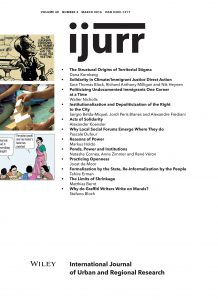The Campbell Collaboration selects Wiley as new publishing partner
John Wiley and Sons Inc. and the Campbell Collaboration are pleased to announce that the Campbell Library has selected Wiley as its publishing partner beginning in 2019. Campbell is the pre-eminent international network publishing high quality, transparent, reliable and policy-relevant evidence syntheses and maps in the social sectors to promote positive social and economic change by enabling evidence-based policy and practice. These systematic reviews and evidence maps are published in Campbell Systematic Reviews, a fully open access online...


















